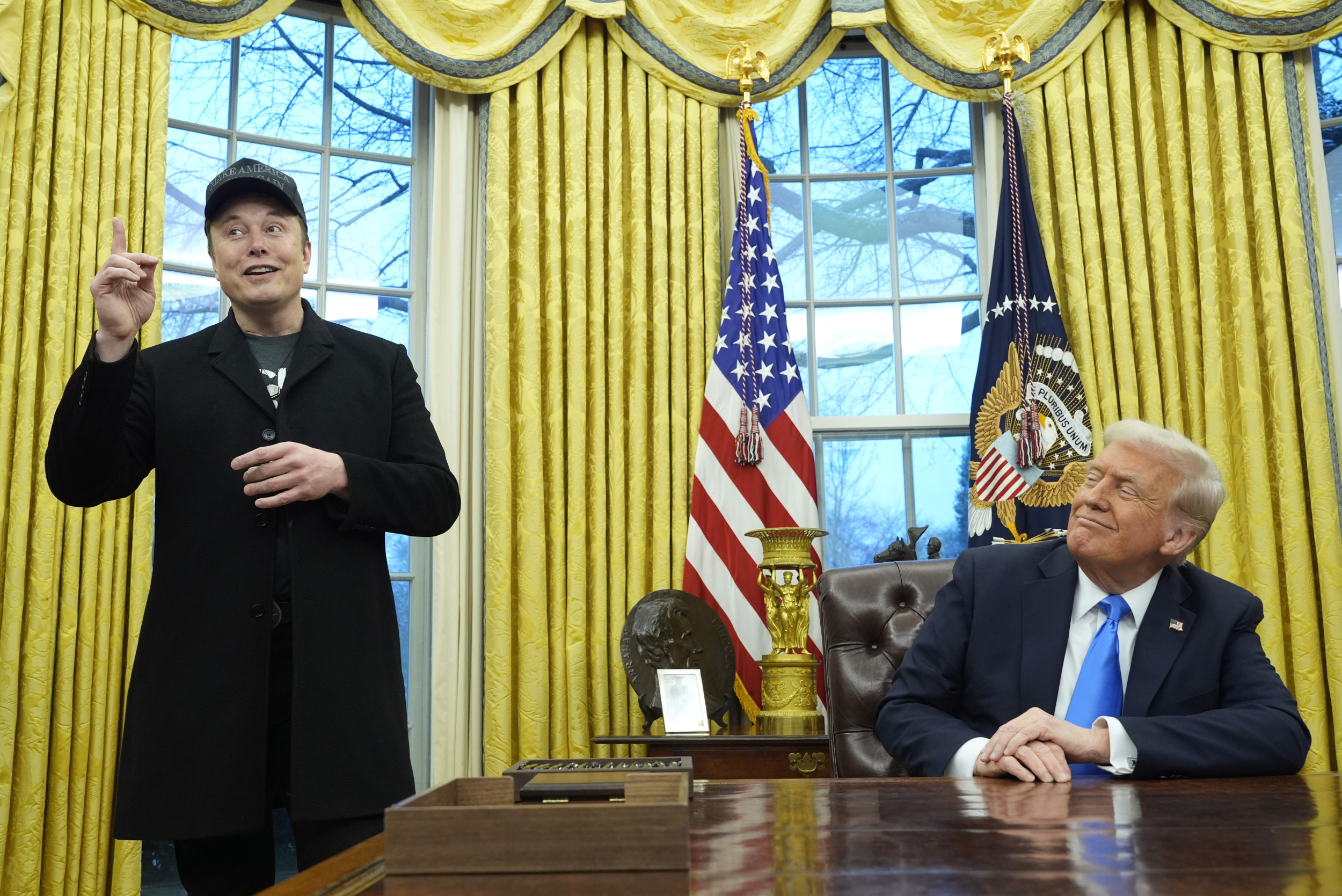World
Elon Musk Given Warning Over DOGE Cuts to Education: ‘Devastating Impact’

The New Era of Government Efficiency: A Shift in Education Funding
Under the leadership of Elon Musk and the Trump Administration, the Department of Government Efficiency (DOGE) has embarked on an ambitious mission to reduce federal spending. This initiative has significantly impacted various government departments, with the Department of Education facing substantial budget cuts. The termination of 89 contracts worth $881 million and 29 Diversity, Equity, and Inclusion (DEI) grants valued at $101 million underscores DOGE’s commitment to addressing perceived inefficiencies. While the administration aims to eliminate waste and fraud, the ramifications for the education sector are profound, sparking debate among experts and educators.
Cuts to the Department of Education: Scope and Rationale
The recent cuts by DOGE target a wide array of programs within the Department of Education, from administrative operations to DEI initiatives. While the administration argues that these reductions are necessary to combat bureaucratic excess and ineffective spending, critics contend that essential educational supports are being jeopardized. Elon Musk, in particular, has criticized what he views as anti-American ideologies and inefficiencies within the education system. These cuts are part of a broader strategy to streamline government operations, yet they raise concerns about the potential undermining of critical educational programs.
Impact on the Teaching Profession: Challenges Ahead
The slashing of funds allocated to the Department of Education poses significant challenges for the teaching profession. Programs aimed at enhancing teacher qualifications and student outcomes, such as those supported by the National Board for Professional Teaching Standards, are at risk. Educators fear that these cuts will hinder professional development and ultimately affect the quality of education. Peggy Brookins, among others, emphasizes the importance of maintaining investments in teacher training to ensure students receive a high-quality education. The elimination of such programs threatens to set back efforts to elevate teaching standards and student achievements.
Broader Implications for Students and the Education System
Beyond the immediate impact on teachers, the cuts have far-reaching consequences for students, particularly those from marginalized communities. Programs supporting low-income families, English learners, and students with disabilities are facing severe reductions, exacerbating existing inequities. These cuts come at a critical time as the education system strives to recover from the setbacks of the COVID-19 pandemic. Joanna Weiss highlights the importance of maintaining these supports to facilitate recovery and ensure all students have access to learning opportunities. The abrupt nature of these changes is causing confusion and chaos, potentially hindering the progress needed for educational advancement.
Expert Reactions: Analyzing the Cuts
Experts in the education sector are vocal about their concerns regarding these cuts. Andy Rotherham cautions against indiscriminate reductions, emphasizing the importance of evaluating programs based on effectiveness rather than purely legal or financial criteria. He warns that cutting vital data gathering and evaluation activities could lead to long-term inefficiencies. Similarly, Joanna Weiss argues that these actions counteract efforts to improve education, potentially leading to increased graft and corruption. The consensus among experts is that while efficiency is desirable, the current approach may undermine the very goals it seeks to achieve.
Historical and Political Context: Understanding the Motivations
The reduction in federal education funding under the Trump and Musk administration reflects a longstanding political philosophy that opposes a strong federal role in education. Historically, there has been resistance to federal interventions, from desegregation efforts to academic standards. However, the current administration’s approach combines budget cuts with a push for centralized control over education content, promoting "patriotic education" and public funding for religious schools. Samuel Freedman observes that this strategy aligns with a broader conservative agenda, aiming to reshape education according to specific ideological priorities rather than addressing systemic issues.
Conclusion: The Future of Education Funding
The cuts implemented by DOGE under Musk and Trump signal a significant shift in how the federal government approaches education funding. While the administration frames these measures as essential for efficiency, critics argue that they threaten critical educational programs and supports. The impact on teachers, students, and the education system as a whole remains uncertain, with potential long-term consequences for the quality and accessibility of education in the U.S. As the debate continues, it is crucial to consider both the immediate effects and the broader implications of these policies on the future of American education.